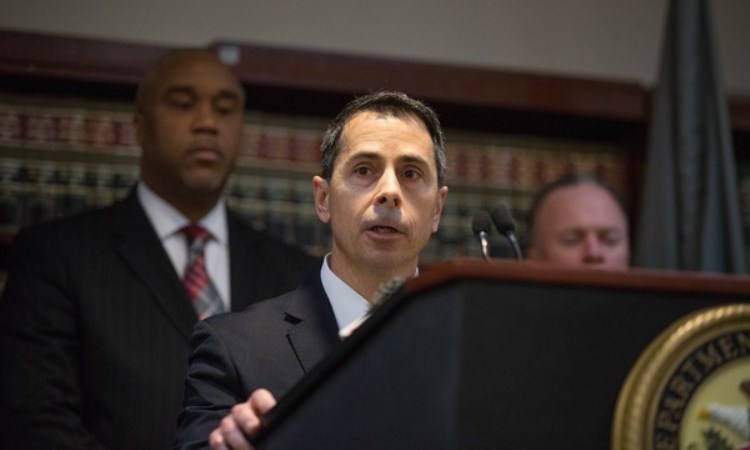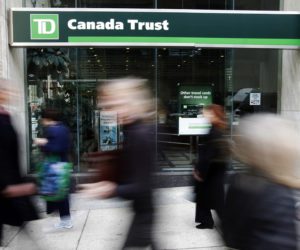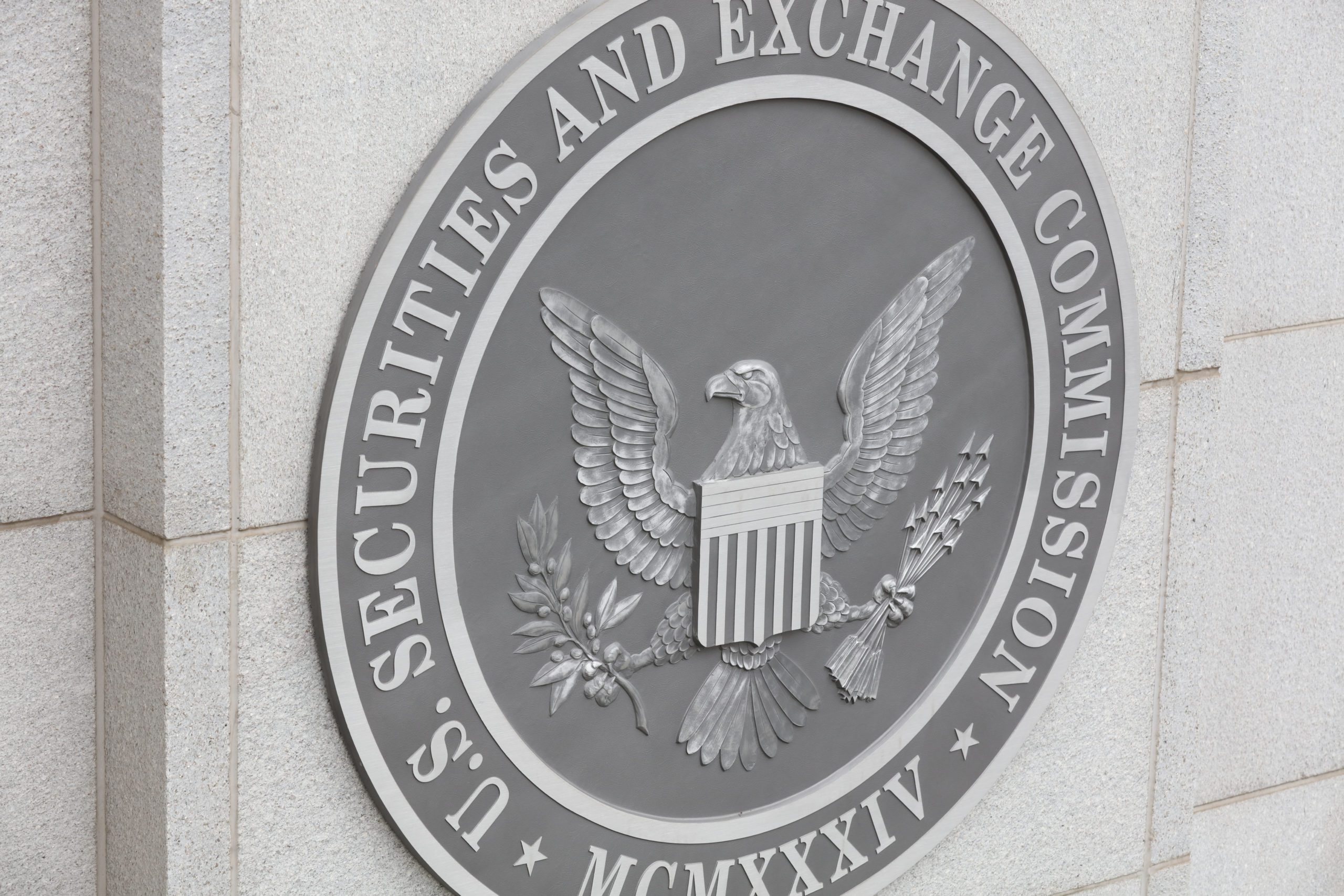By Dan Byrne for AMLi
THE HEAD OF THE US financial crime watchdog has issued long-awaited clarifications to bankers and legal teams on the information they can share about potential money laundering.
In a statement Thursday, FinCEN director Kenneth Blanco (pictured) laid out his organisation’s interpretation of existing rules and encouraged stakeholders to use those rules to the maximum.
“Frankly, many have been calling for clarity in this area for a long time,” Blanco said at a virtual conference with stakeholders.
“When it comes to protecting our communities and preventing crimes and bad acts, we are all partners in the fight. FinCEN is committed to seeking a way to make that fight more effective and efficient for us all.”
Blanco clarified that banks and other relevant institutions are free to share “information relating to activities that they suspect may involve possible terrorist financing or money laundering.”
Information on potential proceeds of these acts is also allowed to be shared.
This will likely clear up a much-criticised confusion over the limits of sharing, which legal practitioners, in particular, had criticised as being underused up to this point.
Additionally, this rule also applies to entities that form “associations of financial institutions” for this purpose. So, for example, compliance service providers can use the same guidance in their work with several firms.
An unincorporated association of institutions may also share information in the same way, provided their relationship is governed by contract.
Blanco expressed excitement that these specifics were finally in place and hoped it would be seen as an example of how FinCEN works to make “our regulatory framework more efficient and effective.”
Separately, Blanco also announced certain key successes FinCEN has had in combatting pandemic related fraud activity.
Blanco drew attention to one protective equipment scam which saw a small medical company defraud an unnamed government for over $300 million.
“Financial institutions became suspicious of the account activities and alerted the United States Secret Service, who began its investigation,” he recounted. “Due to the quick actions by all involved, there was a 100% recovery of the total amount of the wired funds.”
Blanco also highlighted that since the beginning of the pandemic, over 147,000 suspicious activity reports (SARs) had been filed that which referenced either COVID-19 or the US stimulus programmes – in place since March.
“I encourage you to keep up the great work with your reporting,” he told stakeholders. “Your efforts are not going unnoticed.”
Share this on:
Follow us on:











